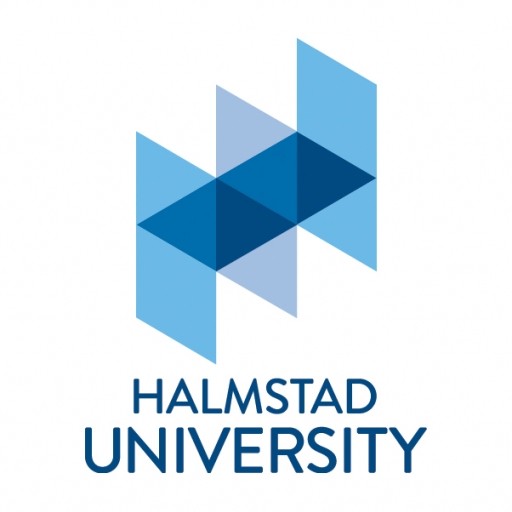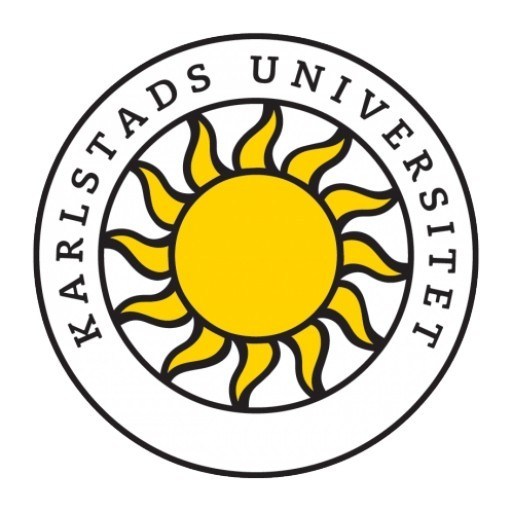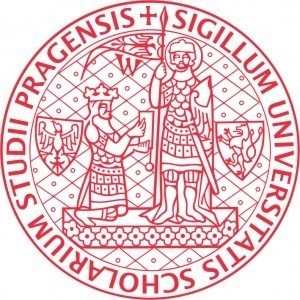Photos of university / #stockholmuniversity
The Master's Programme in Strategic Public and Political Marketing at Stockholm University is a comprehensive and specialized program designed to equip students with advanced knowledge and practical skills necessary to navigate and influence the complex spheres of public and political communication. The program combines theoretical foundations with real-world applications, preparing graduates to develop strategic marketing campaigns, manage public opinion, and influence political and societal processes effectively. Throughout the coursework, students explore the principles of political communication, marketing strategies, media influence, and public opinion analysis, gaining a deep understanding of how to shape and implement messages in diverse public contexts. The program emphasizes not only the theoretical aspects but also practical skills such as campaign planning, digital media management, stakeholder analysis, and ethical considerations in public and political marketing. By engaging with case studies, simulations, and project-based work, students develop the ability to design and execute strategic communication initiatives that resonate with target audiences and achieve organizational or political goals. The curriculum also offers insights into the latest digital tools and platforms, ensuring graduates are well-versed in modern communication technologies. Graduates of this program will be well-equipped for careers in political consultancy, public relations, communication departments within governmental and non-governmental organizations, and private sector companies seeking to enhance their public image and political influence. Stockholm University’s strategic location and strong links with local and international organizations provide students with valuable networking opportunities, internships, and practical experiences. The program fosters critical thinking, ethical awareness, and the capacity to analyze complex societal issues, making its graduates highly competitive in the dynamic fields of public and political marketing.
The Master's programme in Strategic Public and Political Marketing at Stockholm University offers students a comprehensive and in-depth understanding of the strategic processes involved in public and political marketing campaigns. The programme is designed to equip students with the skills necessary to analyze, develop, and implement effective marketing strategies within the public sector and political arenas. Throughout the coursework, students explore the principles of communication, stakeholder engagement, and strategic planning, adapted specifically for the complex environments of government agencies, political parties, and nonprofit organizations. The curriculum combines theoretical knowledge with practical applications, ensuring graduates are prepared for real-world challenges faced by public and political organizations.
Students will study topics such as political communication, campaign management, public opinion, media strategies, digital political marketing, and policy advocacy. The programme emphasizes the importance of ethical considerations and the role of transparency in public sector marketing. Additionally, students will learn about the impact of digital technologies and social media platforms on modern political campaigns and public communication strategies. Through case studies, project work, and internships, students gain valuable insights into current practices and innovative approaches used by leading organizations in the field.
The programme encourages critical thinking and strategic analysis, enabling students to develop tailored marketing solutions for diverse audiences and societal issues. Graduates will be equipped with the analytical and practical skills to work as campaign strategists, communication advisors, political consultants, or in various roles within government institutions, NGOs, and international organizations. The programme fosters a multidisciplinary approach, integrating insights from political science, communication, marketing, and sociology. Graduates also develop strong teamwork, project management, and communication skills essential for leadership roles in the dynamic environment of public and political marketing. Overall, the programme prepares students to make meaningful contributions to the development of effective, ethical, and innovative marketing strategies in the public and political sectors.
The program in Strategic Public and Political Marketing at Stockholm University requires applicants to hold a completed undergraduate degree or higher education qualifications comparable to a Swedish Bachelor's degree. The degree must include either completed courses equivalent to 180 ECTS credits or at least three years of relevant work experience in political, public, or strategic marketing fields. Applicants are expected to demonstrate proficiency in English, corresponding to an academic English proficiency equivalent to the Swedish upper secondary course English 6 or higher. This may be fulfilled through standardized tests such as IELTS with a minimum overall score of 6.5, TOEFL iBT with at least 90 points, or equivalent recognized certificates. In addition, applicants should submit a personal statement that outlines their motivation for applying to the program and their relevant background, experience, or skills related to strategic public and political marketing. Preferably, applicants should also include letters of recommendation from previous educators or employers who can attest to their suitability for rigorous graduate studies. The program values candidates with a background in political science, communication studies, marketing, or related disciplines, although relevant professional experience can also compensate for academic prerequisites. The selection process emphasizes academic merits, professional or practical experience, and motivation to pursue this specialized field. No specific prerequisite courses are mandatory, but coursework in politics, communication, or marketing can be advantageous. Candidates are encouraged to demonstrate their understanding of current issues in public communication, political strategy, and stakeholder engagement. The application period generally opens in mid-October and closes in mid-January for admission the following academic year. Admission decisions are communicated by April. The program is conducted in English, and students are expected to participate fully in lectures, seminar discussions, and practical projects, often involving case studies and collaboration with public or political organizations. Overall, successful applicants are those who show a strong interest in strategic communication within public and political contexts, have the skills to analyze and develop communication strategies, and are motivated to engage in the intersection of policy-making and public discourse.
The financing studies for the Strategic Public and Political Marketing program at Stockholm University are designed to provide students with comprehensive information about available funding opportunities, tuition fees, scholarships, and financial support options. As an international master's program, the tuition fee structure typically applies, which may vary depending on the student's country of residence. For EU/EEA students, the program is often tuition-free, whereas non-EU/EEA students are required to pay tuition fees, which are determined annually and can be found on the university's official website. Students are encouraged to explore various funding options, including government grants, scholarships offered by Stockholm University, and external funding sources from their home countries or international organizations.
Stockholm University offers a range of scholarships aimed at supporting talented students financially. These include the Stockholm University Scholarship Scheme, which is highly competitive and provides full or partial tuition fee waivers to outstanding applicants. Eligibility criteria for scholarships typically include academic excellence, motivation, and relevant experience in the field of strategic marketing and political communication. In addition to university-based scholarships, students are advised to investigate external scholarship opportunities such as the Swedish Institute Scholarships for Global Professionals, which support international students pursuing master’s programs in Sweden.
Students are also encouraged to consider student loans and part-time employment opportunities available in Sweden, catering to international students who meet specific immigration and residence requirements. The Swedish government also offers information on funding options for students from different regions, along with guidance on managing living expenses during their studies. It is recommended that prospective students contact Stockholm University’s admissions office or financial aid services for personalized advice and detailed application procedures related to funding and financing their studies.
The program’s tuition fees are typically payable in installments, and students are advised to plan their finances accordingly to ensure timely payment. The university provides detailed information on deadlines, payment methods, and assistance with billing issues. Overall, the financing studies for the Strategic Public and Political Marketing program emphasize transparency, accessibility, and support, ensuring that students can focus on their academic and professional development without undue financial stress.
Strategic Public and Political Marketing at Stockholm University offers students an in-depth understanding of the principles, theories, and practices involved in influencing public opinion and political decision-making processes. The program is designed to equip students with advanced skills in communication strategies, stakeholder engagement, campaign management, and policy analysis within the realms of public and political sectors. Enrolled students explore how marketing techniques are adapted to serve political agendas, public interests, and societal change initiatives, emphasizing ethical considerations and the impact of digital media on contemporary political communication. The curriculum combines theoretical coursework with practical applications, including case studies, simulations, and project work, allowing students to develop strategic thinking and hands-on skills necessary for careers in political consultancy, public affairs, government communication, or advocacy organizations. The program encourages critical analysis of existing marketing and communication strategies used by political entities and public organizations, fostering the ability to design innovative and effective campaigns tailored to diverse audiences and cultural contexts. Collaboration with industry professionals and internships are integral components, providing real-world experience and networking opportunities, preparing graduates for leadership roles in public and political sectors. The faculty comprises experienced academics and practitioners with extensive expertise in political communication, public relations, and marketing, ensuring students receive contemporary and relevant education. Graduates of the program are well-positioned to contribute to shaping public opinion, influence policy development, and promote democratic participation. This master's program aligns with Stockholm University’s commitment to multidisciplinary research and education, emphasizing the importance of understanding societal dynamics, communication, and marketing in fostering sustainable democratic societies.










